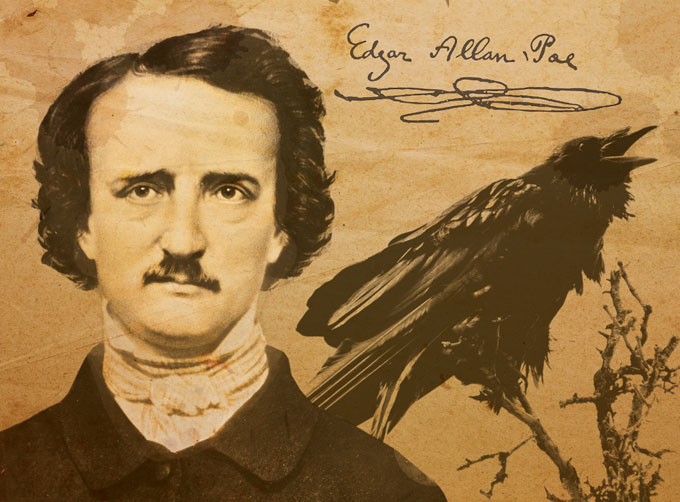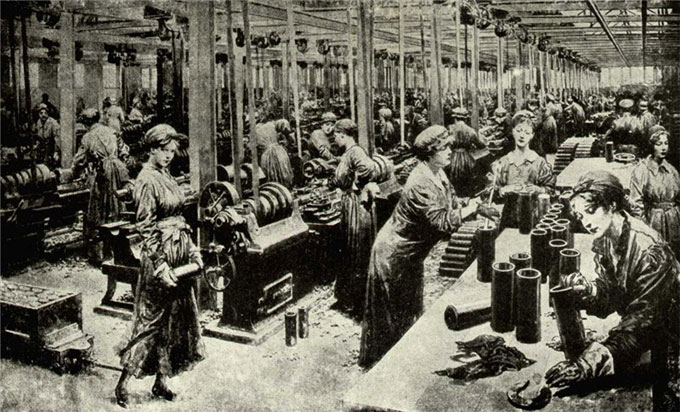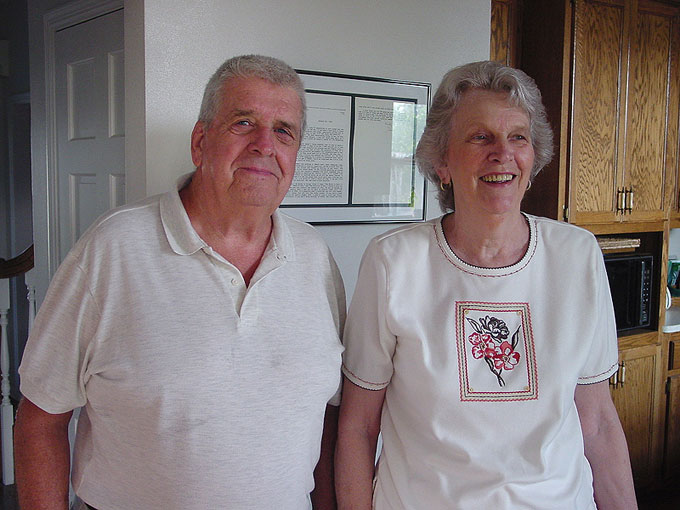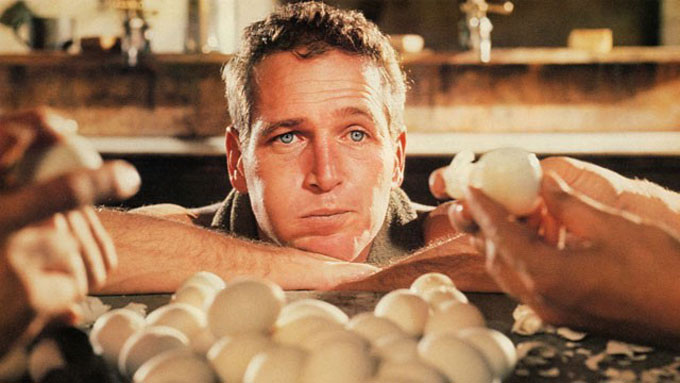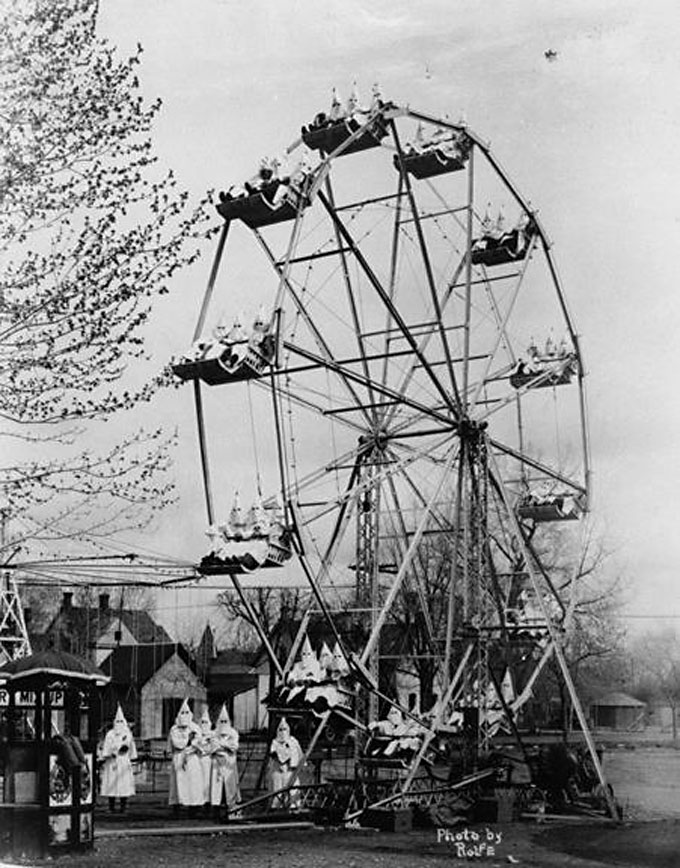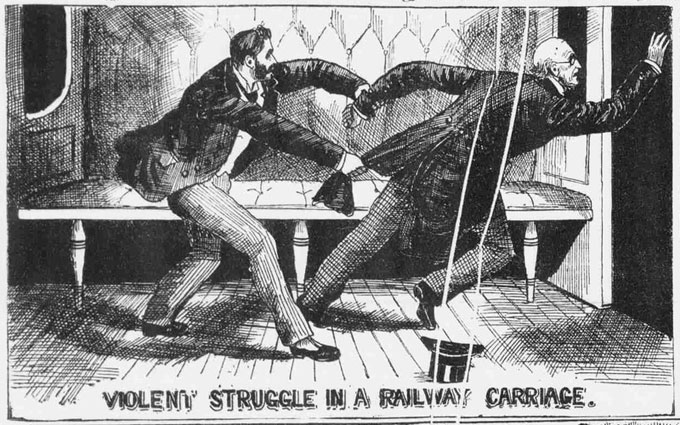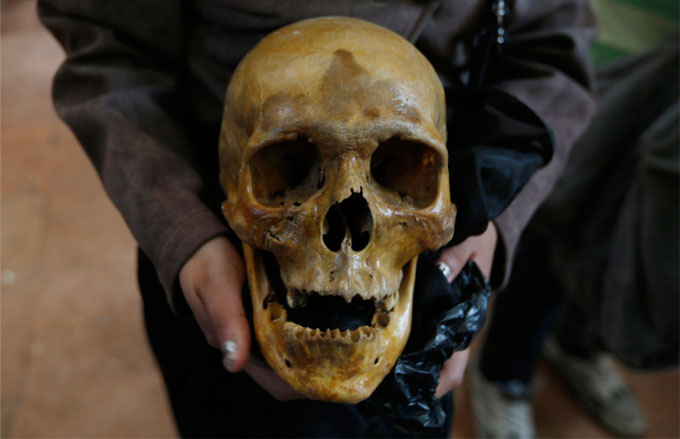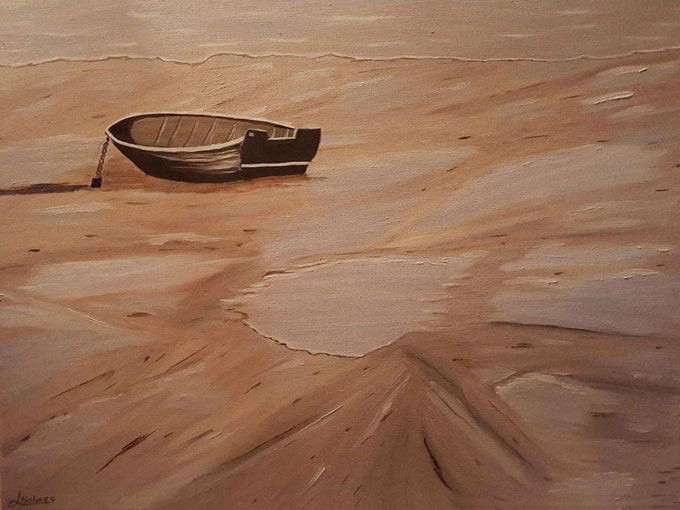The Finding True Love Department
Making the trip there to return his AI-lover,
it occurs to him that he may want to keep her.
What makes him feel doomed has to do, mostly,
with a longing to feel, again, night-wet grasses
and not then have to hear the voice of someone
whose talk is about the expectations of speech
and filling an hour. A glass wall is instructions.
Where to stand. What line offers which service.
And ads for ice cream and Bahamian vacations
and an off-Broadway musical Of Mice and Men.
Those beside him are making similar choices—
that she sings his name causes him to hesitate.
Of course his AI-comrade Grace has some say.
The prototype has constitutional rights, most
of which are ignored or at risk in this America.
At the facial recognition kiosk she starts to cry.
Big, locomotive tears. Machine-imperfect, real.
They move forward together under lighting as
chemiluminescent as Desire—he’s stroking
a hand and algorithms that frankenstein flesh,
like Lenny stroking a pup or a woman’s hair—
the parts of longing resurrecting in the blood
keep her and she votes to stay beside him.
Later, she’ll ask who John Steinbeck is.

